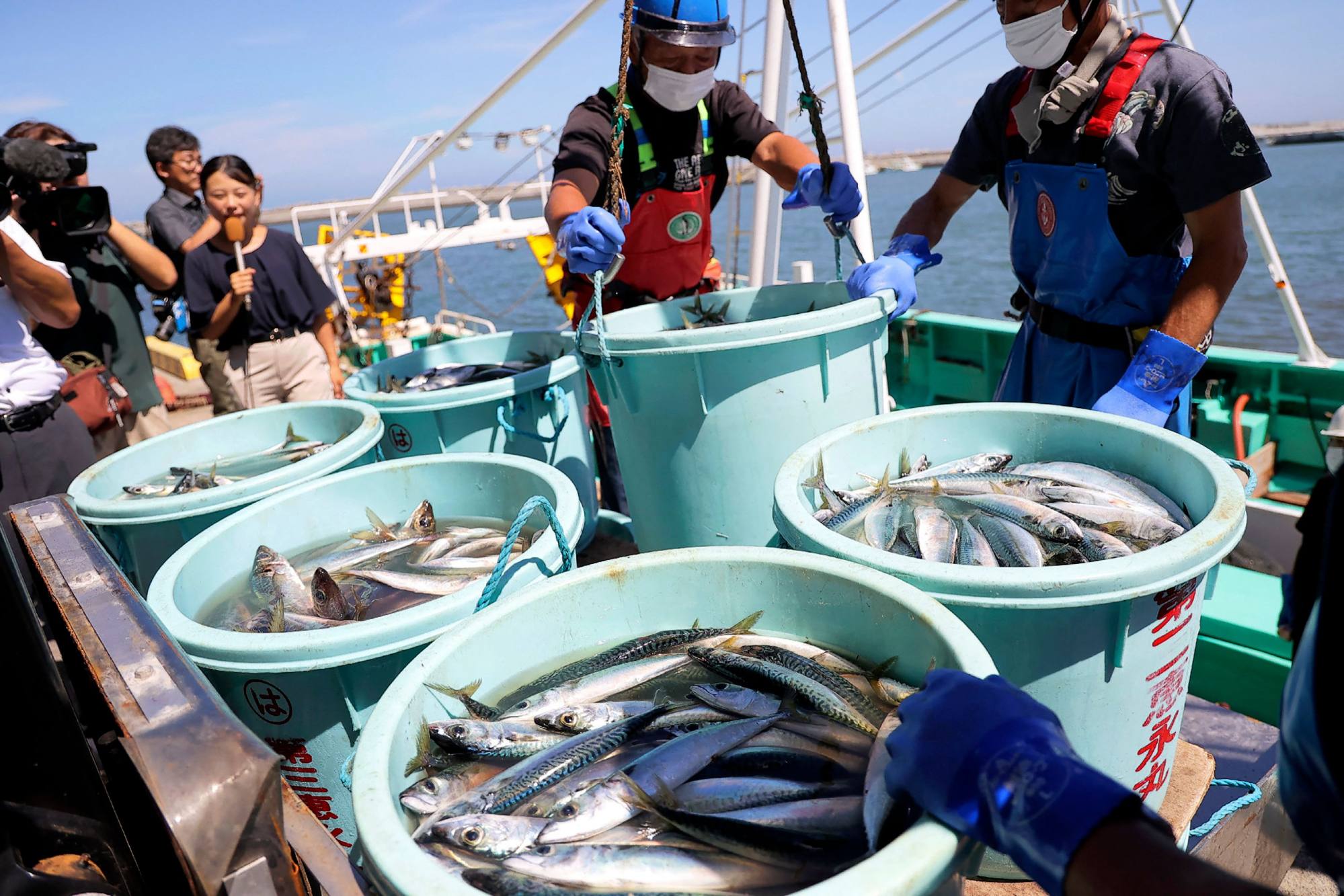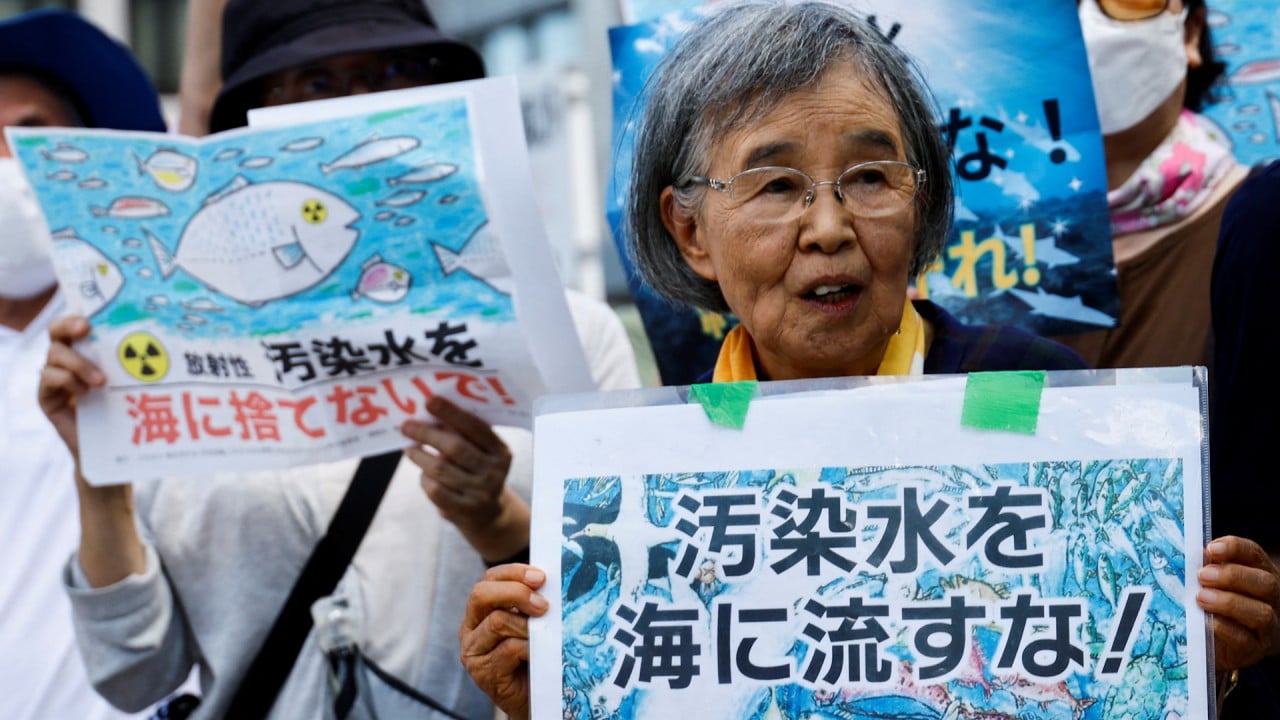Japan-China relations: as critics cry ‘coercion’ over Fukushima seafood ban, will a WTO complaint do any good?

[ad_1]
“If Japan does file a complaint with the WTO, the argument is likely to be that the Chinese claim is unsubstantiated as the radioactivity is below internationally accepted levels for contamination,” said Martin Schulz, chief policy economist at Fujitsu’s Global Market Intelligence Unit.
As the case was “more about politics”, he added, “I don’t think the complaint will have a major impact and solutions will be on other levels.”

China has described Japan’s plan to gradually release more than 1.25 million tonnes of water from the plant over 30 years as an “irresponsible and selfish act”. On Tuesday, Beijing said the new limits were in accordance with the country’s laws and regulations, as well as WTO guidelines on food safety and other health requirements.
Japan to provide US$141 million in relief to exporters hit by China seafood ban
Japan to provide US$141 million in relief to exporters hit by China seafood ban

An opinion piece last week on the website of the hawkish Japan Institute for National Fundamentals accused Kishida of being unprepared for a firm Chinese reaction over the water release and slammed his “lukewarm response” explaining the scientific rationale behind the discharge.
“China’s seafood embargo is not a countermeasure to the release of treated water. Instead, it is politically motivated economic coercion,” said the commentary by Masahiko Hosokawa, a former director general of the Ministry of Economy, Trade and Industry’s Trade Control Division and now a professor at Meisei University.
“If it fails to address the matter effectively, Japan will be seen as easy pickings. That will encourage China to replicate its economic coercion in other areas.”
Japan top general warns with ‘jarring bluntness’ country’s security is at stake
Japan top general warns with ‘jarring bluntness’ country’s security is at stake
Economist Schulz, however, cautioned that volatile geopolitical posturing was threatening the bilateral trade relationship.
“Japan understands that the partnership with China is critical, which means that the trilateral meeting that has been arranged for later this year between Japan, China and South Korea is very important to all the parties,” he added.
[ad_2]
Source link





